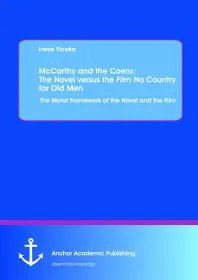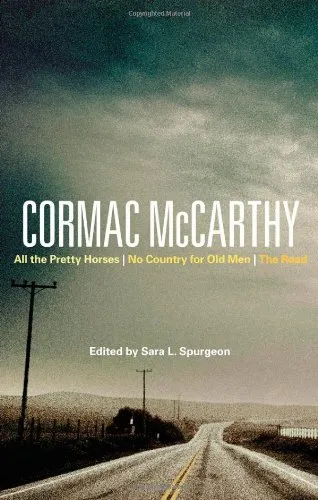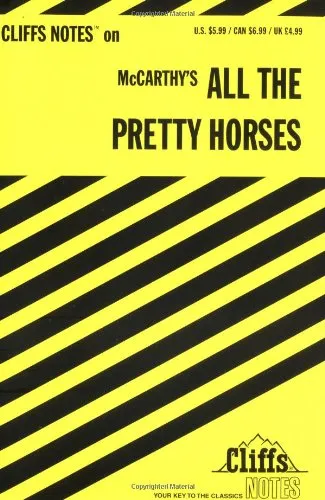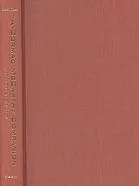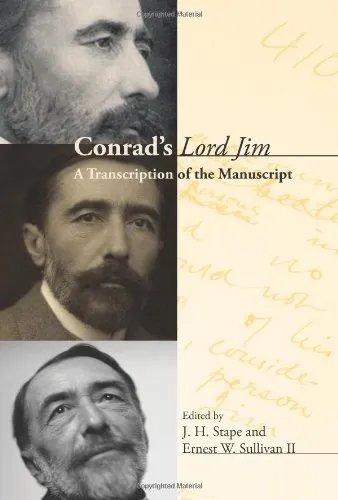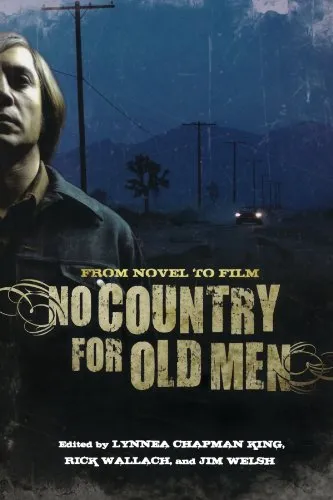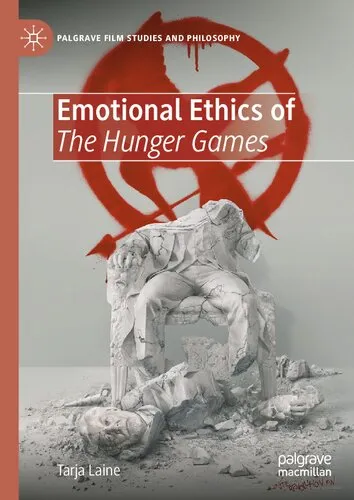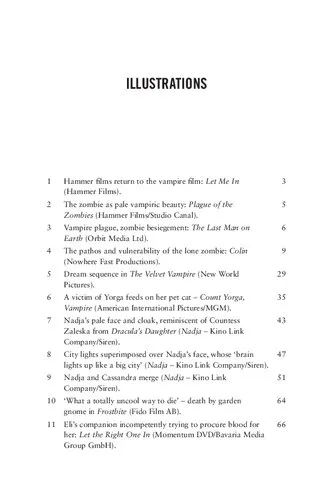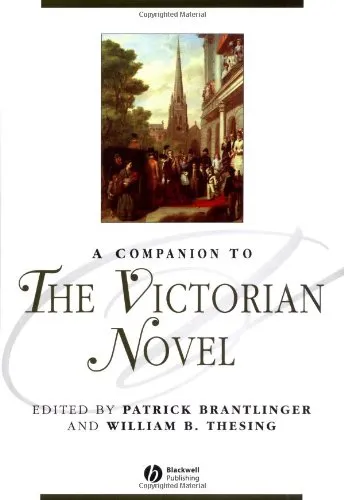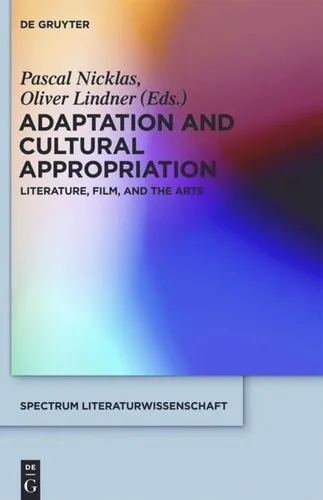McCarthy and the Coens: The Novel versus the Film No Country for Old Men: The Moral Framework of the Novel and the Film : The Moral Framework of the Novel and the Film
5.0
Reviews from our users

You Can Ask your questions from this book's AI after Login
Each download or ask from book AI costs 2 points. To earn more free points, please visit the Points Guide Page and complete some valuable actions.Related Refrences:
Introduction
Welcome to a comprehensive exploration of Cormac McCarthy's riveting novel 'No Country for Old Men' and its masterful film adaptation by Joel and Ethan Coen. This book delves into the nuanced moral frameworks underlying both the written and visual narratives, examining how each medium approaches themes such as fate, violence, and morality.
Detailed Summary of the Book
The book 'McCarthy and the Coens: The Novel versus the Film No Country for Old Men: The Moral Framework of the Novel and the Film' scrutinizes the contrasting and complementary ways in which McCarthy's novel and the Coens' film adaptation handle the story’s moral landscape. Through a meticulous comparison, the book reveals how the Coens translated McCarthy's complex themes and characters onto the screen, retaining the essence while adapting to the visual medium's narrative demands.
In the novel, McCarthy constructs a universe steeped in existential dread and philosophical inquiry. The narrative revolves around three main characters: the principled but weary Sheriff Ed Tom Bell, the opportunistic yet overmatched Llewelyn Moss, and the embodiment of unrelenting evil, Anton Chigurh. The novel probes deeply into concepts of destiny and human nature, presenting a bleak yet profound meditation on the human condition.
The Coens’ adaptation, while faithful to the novel's plot, introduces subtle changes in tone and emphasis. The film employs cinematic techniques like editing, sound design, and visual symbolism to create an atmosphere of tension and inevitability. The book explores the Coens’ unique ability to balance a faithful adaptation with innovative filmmaking that stands on its own merits.
Key Takeaways
- Understanding how different mediums impact narrative and thematic development.
- An exploration of moral ambiguity and how it is portrayed differently in literature and film.
- Insights into the collaborative dynamics between novelists and filmmakers in adapting written work to screen.
- The role of character development and dialogue in shaping audience perception of moral themes.
Famous Quotes from the Book
"[The Coens’ film] is a dark symphony of violence and fate, meticulously composed and richly textured."
"McCarthy writes in symphonic prose, with each character's fate inexorably linked to his moral choices or the lack thereof."
Why This Book Matters
'McCarthy and the Coens: The Novel versus the Film No Country for Old Men' is significant because it offers a profound exploration of narrative adaptation—an increasingly relevant subject in our age of multimedia storytelling. By dissecting the differences and similarities between McCarthy's literary masterpiece and the Coen Brothers' cinematic rendition, readers gain invaluable insights into the art of storytelling across mediums.
Moreover, the book addresses timeless questions of morality, choice, and the human spirit, making it a crucial read for anyone interested in literature, film, or philosophy. It challenges readers to ponder the degree to which storytelling shapes our understanding of right and wrong, illuminating how narrative choices influence our moral compass.
Educational and thought-provoking, this book is a testament to the enduring power of great stories and their capacity to resonate across different forms of media, underscoring the importance of both fidelity and creativity in the adaptation process.
Free Direct Download
You Can Download this book after Login
Accessing books through legal platforms and public libraries not only supports the rights of authors and publishers but also contributes to the sustainability of reading culture. Before downloading, please take a moment to consider these options.
Find this book on other platforms:
WorldCat helps you find books in libraries worldwide.
See ratings, reviews, and discussions on Goodreads.
Find and buy rare or used books on AbeBooks.
1359
بازدید5.0
امتیاز0
نظر98%
رضایتReviews:
5.0
Based on 0 users review
Questions & Answers
Ask questions about this book or help others by answering
No questions yet. Be the first to ask!
